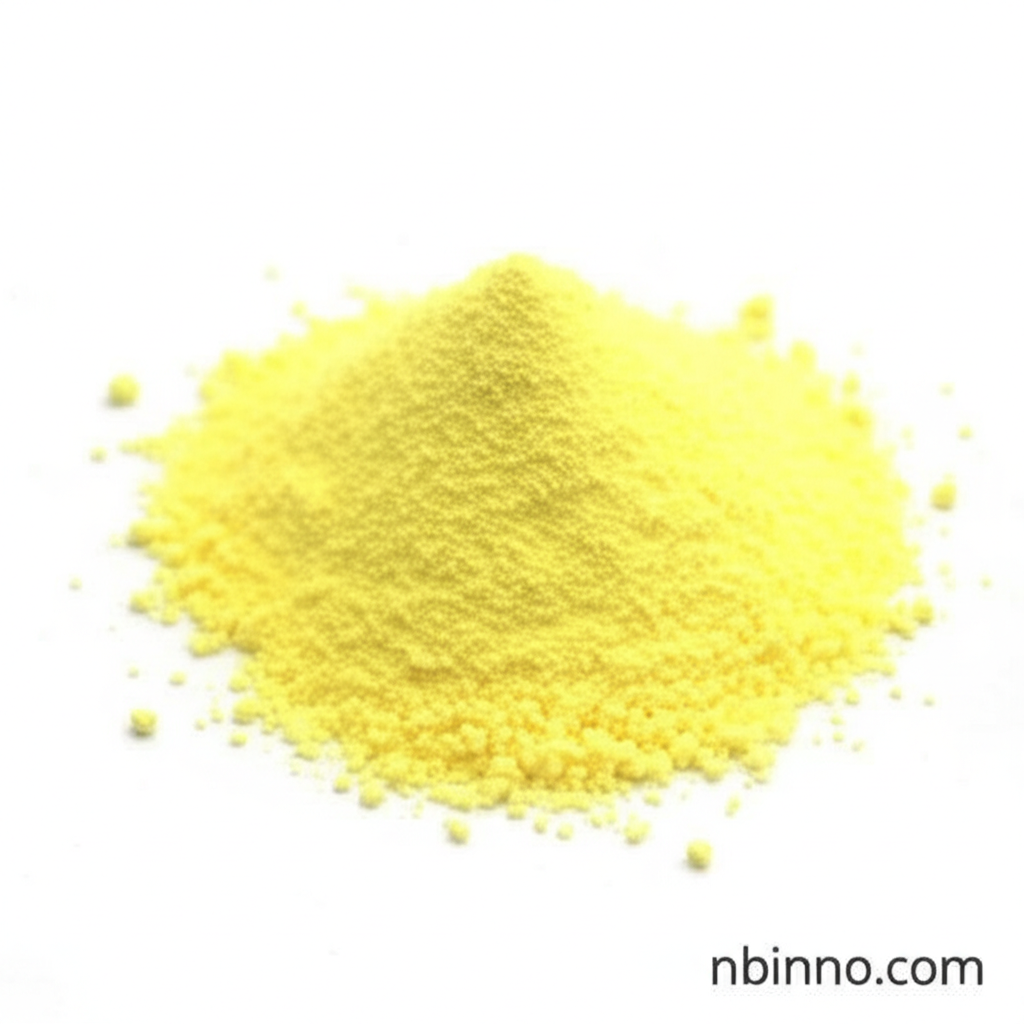Unlock Advanced Peptide Synthesis with 2-Chlorotrityl Chloride Resin
Discover the power of 2-Chlorotrityl Chloride Resin for efficient and precise peptide synthesis. Learn about its unique properties, advantages, and optimal usage for your research and manufacturing needs.
Get a Quote & SampleProduct Core Value

2-Chlorotrityl Chloride Resin
As a leading supplier in China, we offer 2-Chlorotrityl Chloride Resin, a vital component in modern chemical synthesis. Its distinct ability to cleave under extremely mild acidic conditions makes it invaluable for preparing protected peptide fragments using the Fmoc strategy, ensuring the integrity of acid-sensitive functional groups. This resin significantly minimizes side reactions like diketopiperazine formation and racemization, a crucial advantage when synthesizing complex peptides, especially those with C-terminal proline or cysteine residues. Trust us, a reliable manufacturer in China, for high-quality resins that enhance your synthesis efficiency.
- Benefit from mild cleavage conditions for sensitive molecules, a key aspect of advanced peptide synthesis.
- Minimize diketopiperazine formation, a common issue in peptide synthesis when using this resin.
- Benefit from the resin's ability to prevent racemization during the loading of the first amino acid, a critical factor for achieving high-purity products in solid-phase peptide synthesis.
- Leverage its high loading capacity, ensuring efficient attachment of building blocks for superior yields in your synthesis projects.
Key Advantages
Mild Cleavage Conditions
The primary advantage of 2-Chlorotrityl Chloride Resin is its ability to cleave synthesized compounds under very mild acidic conditions, preserving delicate functionalities crucial for accurate peptide synthesis.
Reduced Side Reactions
Its steric bulk effectively inhibits diketopiperazine formation and prevents racemization, enhancing the purity and yield of peptides synthesized via the Fmoc strategy.
Versatile Application
Beyond peptide synthesis, this resin is compatible with various methodologies, including the synthesis of oligonucleotides and diverse small organic molecules, showcasing its broad utility in chemical research.
Key Applications
Solid-Phase Peptide Synthesis (SPPS)
This resin is essential for the Fmoc/tBu strategy, enabling the preparation of protected peptide fragments. Its mild cleavage preserves protecting groups, vital for convergent peptide synthesis.
Small Organic Molecule Synthesis
Its utility extends to the solid-phase synthesis of various small organic molecules, providing a stable yet cleavable anchor for building complex structures.
Pharmaceutical Intermediates
Used in the synthesis of pharmaceutical intermediates, it supports the development of new drug candidates and active pharmaceutical ingredients.
Oligonucleotide Synthesis
While not as common as other supports, it can be employed in specific oligonucleotide synthesis applications where mild cleavage is a requirement.
